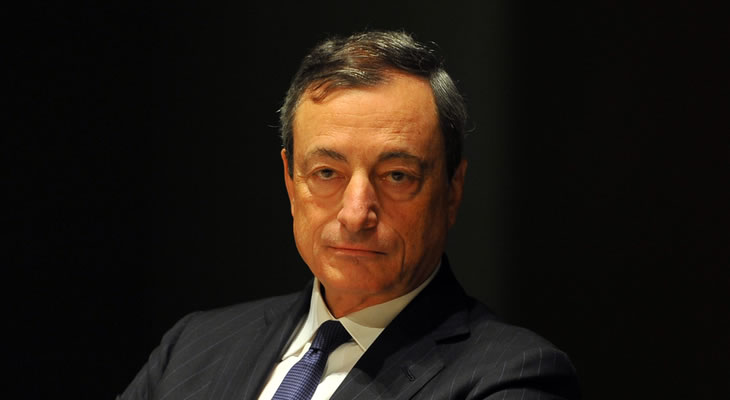The EUR GBP exchange rate soared to a new six-week high on Thursday following the latest European Central Bank (ECB) policy meeting.
The Bank, unsurprisingly did not vote to alter its ultra-loose monetary policy, leaving interest rates at a record low of 0%, however investors were upbeat as ECB President Mario Draghi struck a slightly more hawkish tone in his following statement.
While Draghi said that political factors would prevent the bank from tightening monetary policy for at least the remainder of 2017, he was confident that the Eurozone no longer faced risks of deflation.
Kathleen Brooks of City Index said;
‘QE is here to stay in the Eurozone, until at least the end of this year. However, more policy action is less likely because deflation risks have receded. Reading between the lines suggests that the next change from the ECB will be towards removing accommodation and not adding it.’
Meanwhile the Pound was on track for its 10th straight day of losses, its longest unbroken period of deprecation since the financial crisis.
The decline appears to have been largely driven by Brexit jitters as markets growing increasingly nervous ahead of Prime Minister Theresa May’s plans to invoke Article 50, triggering at least two years of uncertainty as the UK negotiates its exit from the EU.
These concerns also appear to effect Chancellor Philip Hammond as his Spring Budget yesterday was decidedly light on government spending despite healthy tax revenues at the start of the year, with the Chancellor expected to use the extra funds as a cushion to protect the economy from any unforeseen consequences of Brexit.
This uptrend in EUR GBP is likely to persist this morning with the release of the UK’s latest Production figures for the Manufacturing, Industrial and Construction sectors, with economists predicting that activity will have dropped at the start of the year after an unusually strong performances at the end of 2016.
The Pound is also likely to be pressured by the UK’s Trade Balance data, with economists forecasting that Britain’s trade deficit will swell higher in January.
However with Germany’s trade data potentially telling a similar story the Euro may not be in the position to immediately take advantage of Sterling’s weakness.
Current Interbank Exchange Rates
At the time of writing the EUR GBP exchange rate was trending around 0.87 and the GBP EUR exchange rate was trending around 1.14.


Comments are closed.